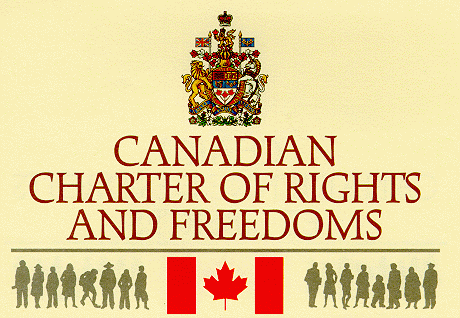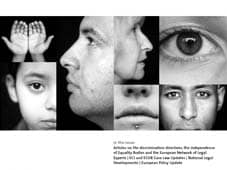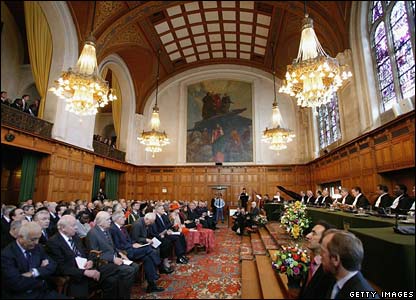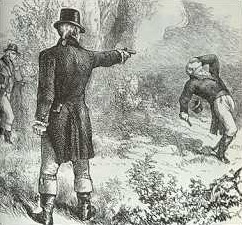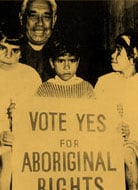What is Deterrence theory?
Deterrence theory contains principles about justice which many of us find attractive because it conforms to what we recognize as fairness. The wicked should be punished –quickly –to the extent that pain will deter them from committing a crime again. Deterrence theory so permeates our thinking that we recognize it as the model by which…


